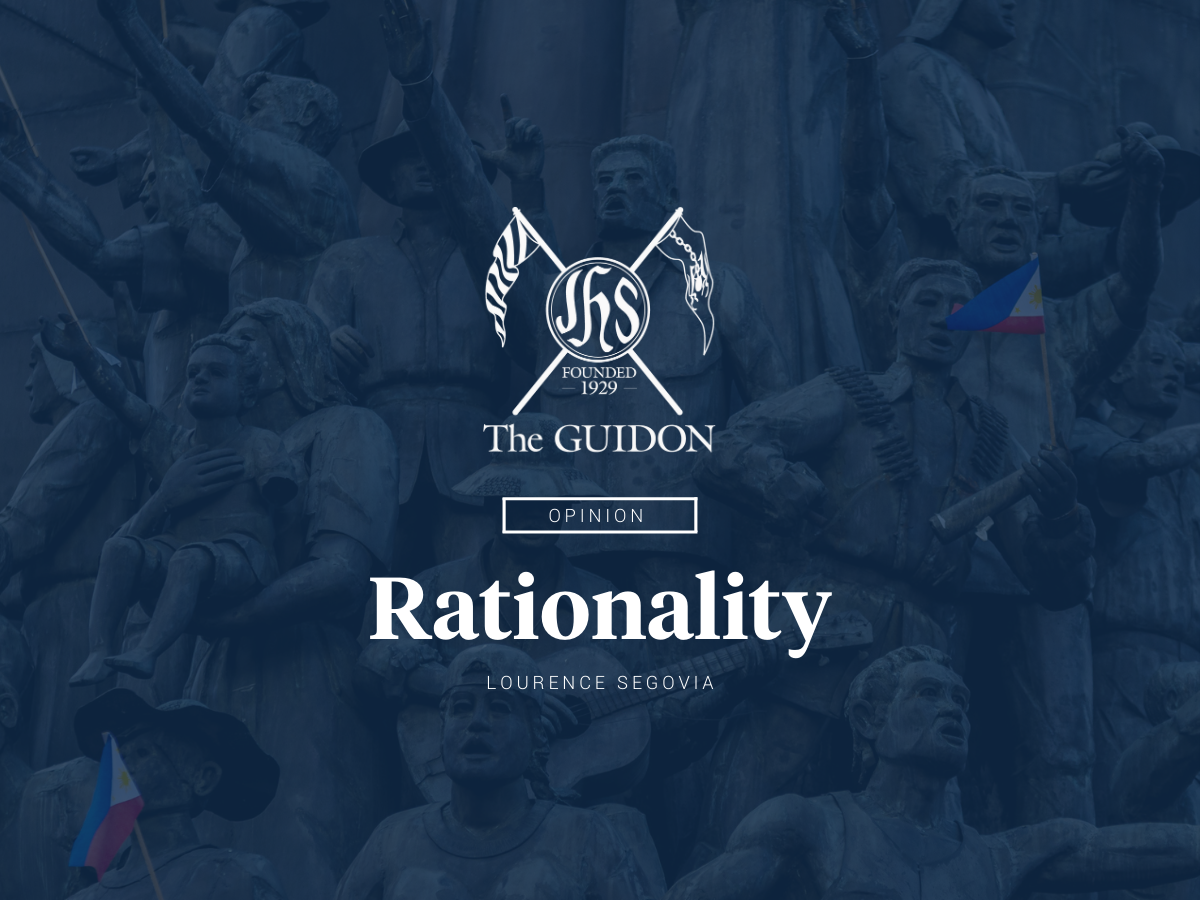IMAGES OF yellow ribbons and thousands of Filipinos along Epifanio de los Santos Avenue (EDSA) have been the usual depiction of the 1986 EDSA People Power Revolution. Over time, I have realized that beyond the glorified narratives of political rivalry and active nonviolence, the revolution also meant to acknowledge the bloody protests outside of EDSA and the unjust killings of more than 3,000 individuals during the despotic regime.
By annually declaring February 25 as a holiday, the historical event has been memorialized since then. However, in just his first two years as President, Ferdinand Marcos Jr.—whose dictatorial father and family were overthrown by the said revolt—may have already eroded further the commemoration’s significance after making some unprecedented changes.
Last year, Malacañang moved the EDSA holiday to February 24 two days before the actual date of the commemoration. The sudden decision can be construed as an assertion of the state’s oppressive power to weaken the impact of the People Power Revolution.
The Palace’s basis behind the said declaration, citing the principles of holiday economics, subsequently fails to justify EDSA’s exclusion in the list of holidays this year, given that February 25 falls on a Sunday. Alongside this contradiction, Marcos Jr.’s refusal to declare a holiday for the commemoration suggests that these power plays, hidden under the guise of technicalities, ultimately work for his benefit and his family’s interests.
Without a law formalizing the historical event as a regular holiday, the Marcoses are free to continuously forward their personal agenda and just frame it as a trivial matter.
This susceptibility of our country’s history to the Marcos propaganda is a result of years of complacency from the opposition. While laws against historical denialism were enacted in other nations, the Philippines idly stood witness to the Marcoses’ comeback made possible by a strong disinformation machinery and weak legal institutions.
Complicit to the Marcoses’ return to Malacañang was their despicable success in circumventing laws that have led them to several acquittals. Even for cases that convicted them of being corrupt and tax evaders, an undeserved courtesy and laxity was shown towards them. This wretched reality is apparently a stark contrast from the experience of slain Filipinos back then who weren’t able to taste even an ounce of due process. Moreover, while the elite like the Marcoses enjoy the ineffectiveness of the country’s legal systems, the ordinary Filipino remains victimized by unfair law enforcement.
Now, seeking approval of a bill making EDSA a regular holiday to a Congress with a dominant supermajority will surely be a tall order. Clearly, with the Marcoses already back in power, the time for passing crucial legislation preserving historical accuracy may have already run out.
Amid such seeming helplessness, the current situation calls anew for each one to cling onto the collective actions of the masses. Beyond the commemoration, Filipinos’ persistent act of truthful remembering can amplify the personal and socio-cultural narratives that have shaped our nation’s democracy and can keep the essence of EDSA within social memory.
Ultimately, until these repressive systems are dismantled, safeguarding the story of our nation’s struggle for democracy will continually lie in the people’s power.
Lourence is currently a third-year Economics student at the Ateneo de Manila University. With an intent to contribute in nation-building, he harnesses the potent force of critical and empathetic storytelling in working towards an inclusive economy and a shared reality in Filipino society.
Editor’s Note: The views and opinions expressed by the opinion writer do not necessarily state or reflect those of the publication.







